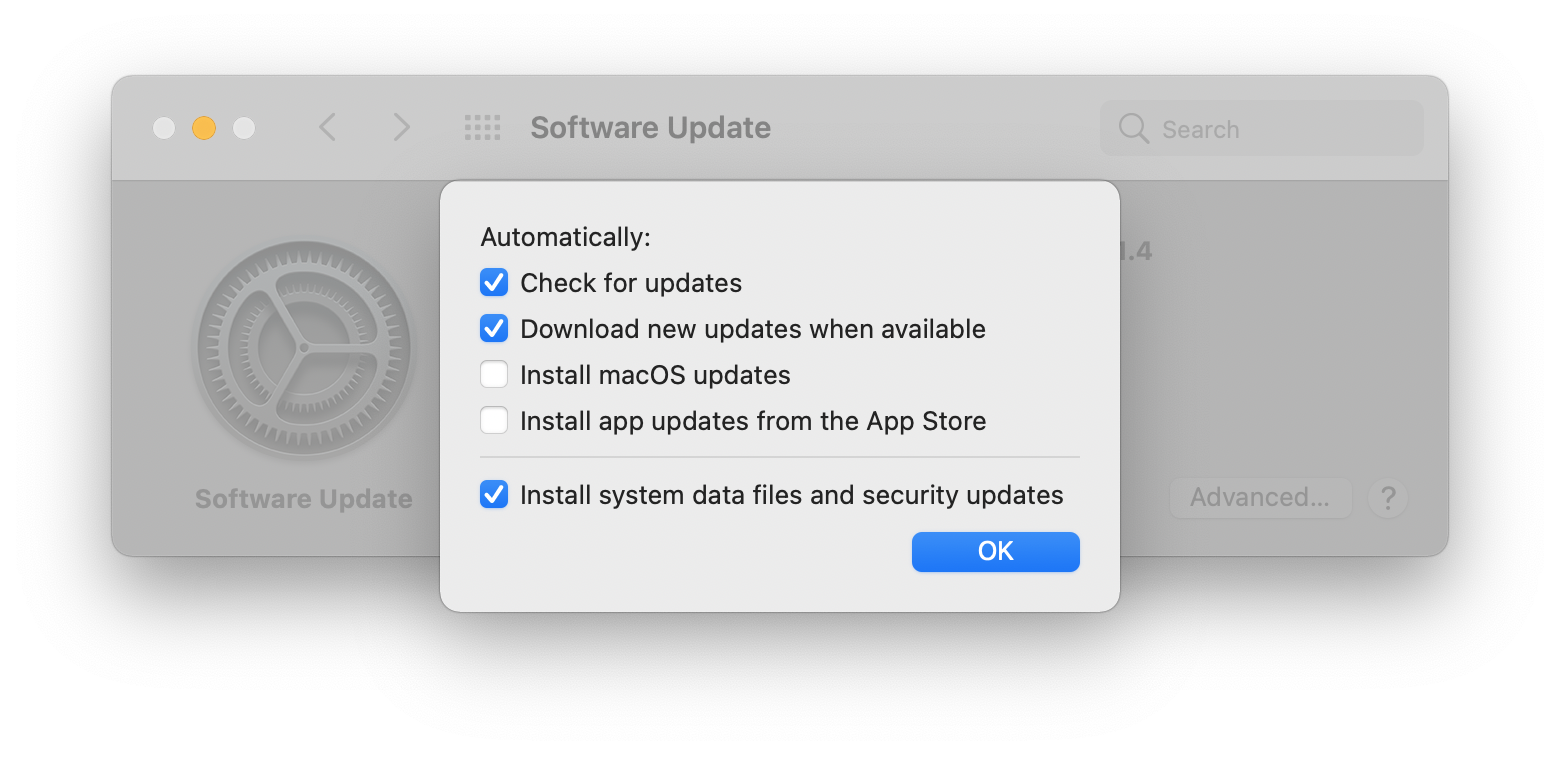

Your ISP sets forth high-level controls for protecting information and then to measure compliance more efficiently. Ensuring appropriate access to IT and data resources on an “as needed” basis.Giving customers confidence over your organization’s security posture.Establishing guidelines for detecting new threats and mitigating new risks.Meeting mission-critical compliance requirements.Documenting controls to ensure people adhere to security measures.Educating workforce members around best practices and corporate security protocols.Creating a repeatable and consistent process for managing information.Some reasons you need to have an ISP include: Because they have more than one purpose, they often feel unwieldy. Information security policies have more than one purpose.

What is the purpose of an information security policy?

Security policies for mac in enterprise how to#

Security policies for mac in enterprise series#
ISPs establish formalized rules to ensure that the company has a series of controls around the three principles of information security: confidentiality, integrity, and availability. What are the three principles of information security? What is an information security policy?Īn information security policy (ISP) sets forth rules and processes for workforce members, creating a standard around the acceptable use of the organization's information technology, including networks and applications to protect data confidentiality, integrity, and availability. As you mature your compliance posture, knowing what an information security policy is and what it should include can help you protect sensitive information more effectively. As a set of internal standards, they give your employees repeatable steps for managing legal and compliance risk. Policies act as the foundation for programs, providing guidance, consistency, and clarity around an organization’s operations. Compliance requires organizations to have written policies, processes, and procedures.


 0 kommentar(er)
0 kommentar(er)
